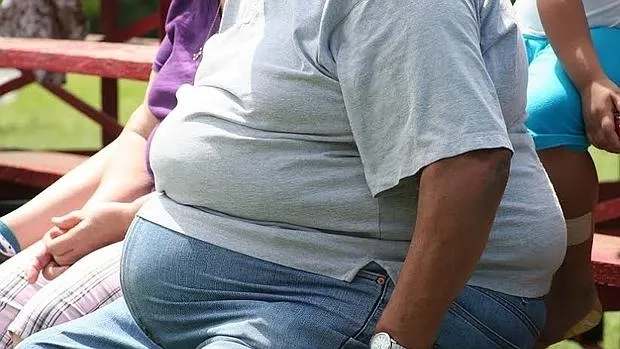Bariatric surgery reduces the risk of depression and cardiovascular disease in the population with obesity, decrease that rises to 70% in the case of myocardial infarction in morbid obese.
Benefits to which the eradication of type 2 diabetes now adds, being its efficiency far superior to that associated with any intervention in life -style - for example, exercise and diet - or any pharmacological treatment.
In fact, as a study led by researchers from the University of Washington in Seattle (USA) shows the bariatric surgery technique known as 'gastric bypass in and Roux' is the most effective measure to reverse type 2 diabetes inPeople with moderate morbid obesity - this is, with a body mass index (BMI) between 30 and 35 kg/m2.
As David E. Cumming, director of this research published in the "Diabetologia", "compared to the most intense and rigorous lifestyles and all pharmacological treatments evaluated in clinical trials with surgery, gastric bypass in and Roux(BGYR) induces the greatest remission of type 2 diabetes in patients with mild to moderate obesity ».
So much so, the authors highlight, "from now on it should not be appropriate to consider bariatric surgery in an individual depending only on their BMI, but also if it has diabetes."
prospective, that not observational
The majority of the studies carried out to evaluate the effect of bariatric surgery on the population with morbid obesity - that is, with an BMI greater than 35 m/kg2 - have verified the great benefits associated with the intervention.This is the case, among others, of a 92% reduction of the death rate associated with diabetes.However, most of these studies, when not all, have been observational.That is, they base their results on the achievements achieved by, on the one hand, bariatric surgery and, on the other, lifestyles or pharmacological treatments, without ever having confronted procedures with each other.
As the authors refer, “based on the data of observational studies, the effect of bariatric surgery cannot be established precisely.Randomly controlled tests are needed that directly compare surgery with non -surgical interventions ».
Hence the importance of this new study, carried out with 32 people between 25 and 64 years, type 2 diabetes and mild-moderate obesity that, according to a random criterion, were selected to undergo a BGYR –15Participants - or follow a 'healthy' lifestyle consisting of a minimum of 45 minutes of aerobic exercise 5 days a week and a low sugars diet combined with pharmacological treatment for diabetes for a year --17 participants.
Bariatric surgery should be considered not only based on BMI, but also the presence of diabetesdavid cummings
The characteristics of the participants of both groups at the time of the start of the study were similar, the only difference being the greatest average time of evolution of diabetes of those included in the BGYR group –11.4 years against 6.8 years.
beyond weight loss
Once the 12 months of follow -up of the study were completed, and although the aerobic capacity was greater in the group of lifestyle/pharmacological treatment - a measure of 22% of this aerobic capacity that, as expected, was not modified in the groupof the BGYR–, the weight loss was significantly higher in the surgery group - 25.8% weight reduction compared to 6.4% -.And more importantly, the rate of participants in which type 2 diabetes was reversed, only 6% in the non -surgical group, rose to 60%In participants subjected to BGYR.
In short, David Cumming concludes, «our results, applicable to both patients with an BMI of 30-35 kg/m2 and those with morbid obesity, shows that neither the basal BMI nor the weight loss predict the remission of diabetesAfter a BGYR.And it is that diabetes seems to improve by mechanisms that go beyond mere weight reduction.Therefore, our findings seriously question the current consideration of the strict cutting points of the BMI as the main criteria for the indication of bariatric surgery in patients with type 2 diabetes ».


